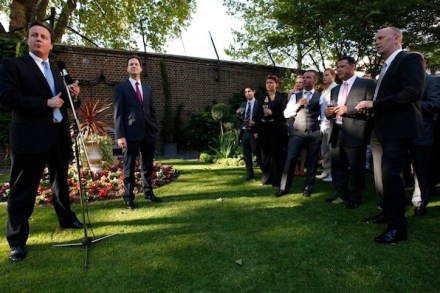High Court judge: Gay marriage is ‘wrong policy’
Sir Paul Coleridge’s intervention in today’s Times (£) on gay marriage has ensured the debate won’t go quiet after various angry Christmas Day sermons. The High Court Judge tells the paper that introducing weddings for same-sex couples is the ‘wrong policy’, adding: ‘So much energy and time has been put into this debate for 0.1 per cent of the population, when we have a crisis of family breakdown. ‘It’s gratifying that marriage in any context is centre stage… but it [gay marriage] is a minority issue. We need a much more focused position by the Government on the importance of marriage.’ Coleridge does have a point that while the government



















